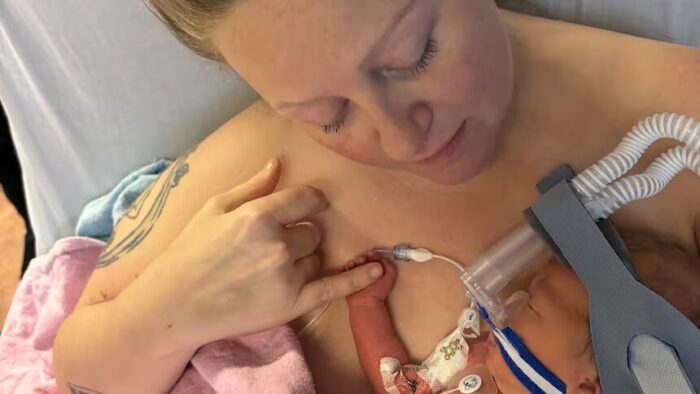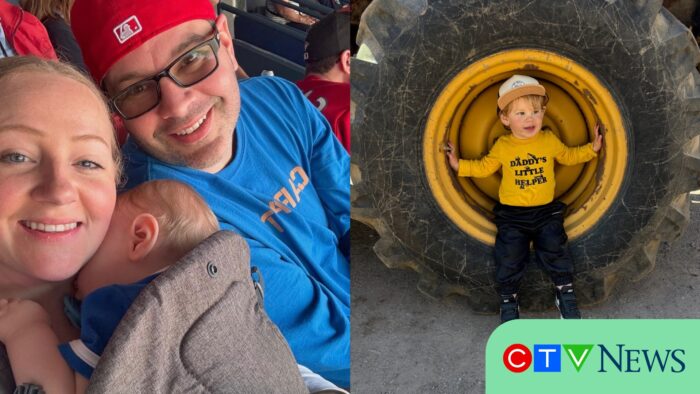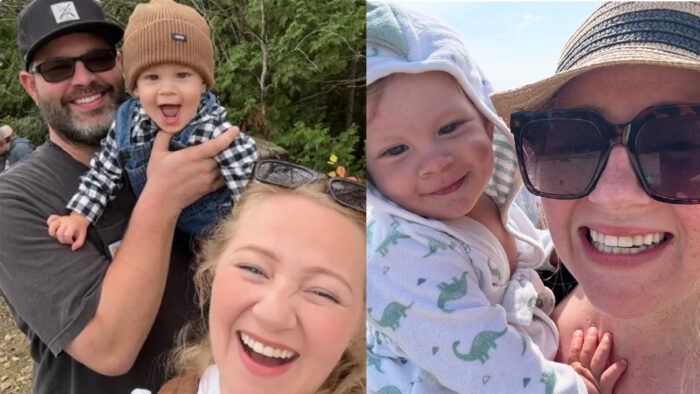Controversial Adoption Law Struck Down
Author(s): Stacey L. Stevens*
October 1, 2007
Two days after it went into effect, the Ontario Superior Court struck down new legislation allowing adoptees or birth parents access to confidential adoption records without the other party’s consent. But a decision on a possible appeal is on hold until after the election, Law Times has learned.
“People have gotten the idea that they have no real protection for privacy from government, and I think this case makes it clear that that’s not so,” says Clayton Ruby, counsel for three adopted individuals and a birth parent who challenged the constitutionality of the new provisions in the Vital Statistics Act. They argued the provisions violated their rights to privacy under the Charter.
Ruby, of Ruby & Edwardh, says the constitutional right to privacy has not been the subject of much litigation. The provisions, introduced in the Adoption Information Disclosure Act, were given royal assent in late 2005, replacing what was previously a closed records system with a more open system. The changes came into effect September 17.
However, in the Sept. 19 decision handed down by Ontario Superior Court Justice Edward Belobaba, the new ss. 48.1, 48.2 and 48.11 of the VitalStatistics Act were declared invalid.
“The disclosure of the birth and adoption records under the new law, in circumstances where a reasonable expectation of privacy has been created . . . constitutes and invasion of the dignity and self-worth of each of the individual applicants, and their right to privacy as an essential aspect of their right to liberty in a free and democratic society has been violated,” wrote Belobaba.
Adoption records in the province had previously been confidential since 1927, with disclosure allowed only in cases of mutual consent and in true emergencies, under the discretion of the registrar.
Under the new system, adopted people over 18 years of age could apply for a copy of their birth registration or adoption order, while birth parents could also apply for copies of the adopted person’s birth registration, substituted birth registration, and adoption order, if the adopted person was at least 19 years old.
The court decision notes that, with this information, adult adoptees would be able to identify their birth parents and vice-versa. Those who don’t wish to be contacted under the new law would have to file a “no contact” notice, a “contact preference,” or obtain a non-disclosure order from the Child and Family Services Board.
“In sum, the new law opens past and future adoption records to searching adult adoptees and birth parents. Mutual consent is no longer required before the identifying information can be released,” says the decision.
Applicants in the case objected to the fact that the legislation was applied retroactively. This, they argued, along with the removal of the consent requirement, violates their right to privacy under s. 7 of the Charter in a way that cannot be justified under s. 1.
However, the Attorney General of Ontario argued that the new legislation “balances the legitimate needs of all parties by permitting the disclosure of adoption records within a framework that protects the privacy and well-being of the triad members.
Ontario, notes Belobaba, is the only jurisdiction in North America that gives adopted persons or birth parents a “retroactive, unqualified right” to obtain confidential identifying information without consent. Other provinces have amended their legislation regarding adoption records to ensure that those who choose privacy can do so through a disclosure veto.
A spokesman for the Ministry of Community and Social Services says the ministry is currently reviewing the judgement and no final decision regarding an appeal will be made until after Oct. 10.
Stacey Stevens of Thomson Rogers, who acted as counsel for the four applicants along with Ruby and Caroline Wawzonek of Ruby & Edwardh, says that the decision is one of the first to recognize the right to privacy in the sense of documents in the possession of the government.
“I think the most important part that comes out of it is that it really does put a restraint on the government’s ability to disseminate an individual’s information into the community,” she says.
The appellant’s opposition was not to having open adoption records, says Stevens. Instead, it was “the fact that the legislation was going to be applied retroactively back to the late 1920’s,” possibly upsetting a group of people who were involved in the adoption process under a legislative scheme where no records would be released and everything was by consent.
“All of a sudden just to turn that around was our problem with the law,” she says.
Click on the following link to view article in PDF format: Controversial Adoption Law Struck Down
Share this





